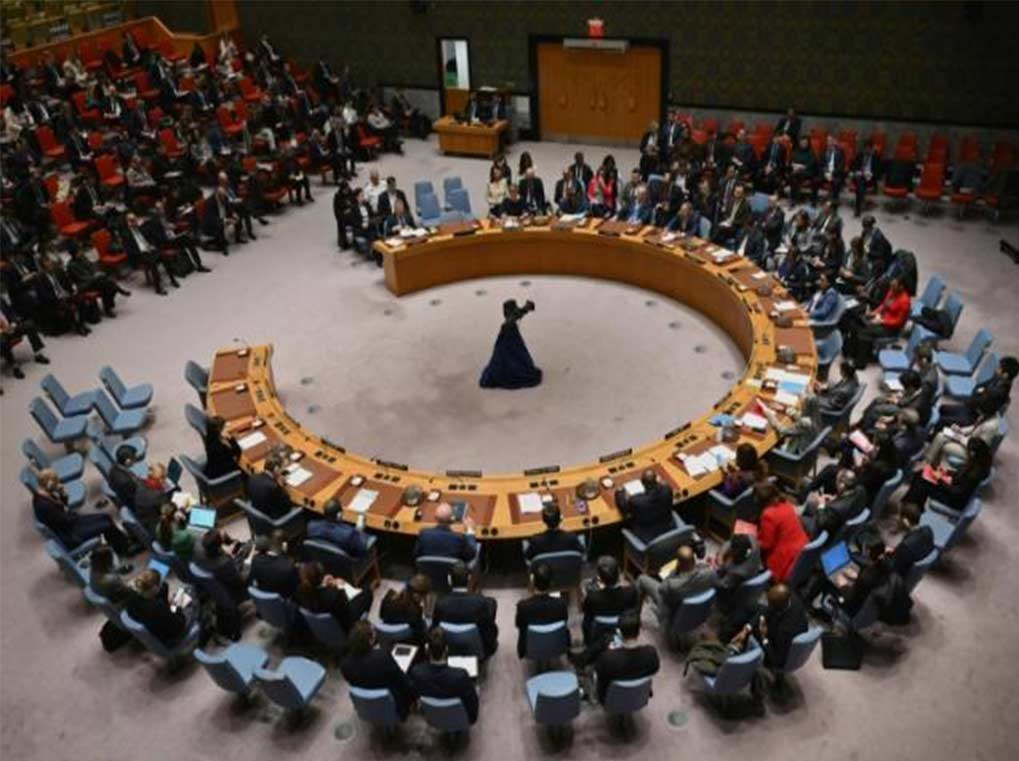
Multilateralism and cooperation under debate in the Security Council
Havana, Jul 16 (RHC) Russian Foreign Minister Sergey Lavrov headed a meeting dedicated to multilateralism and cooperation for justice, democracy and global order, convened in connection with Russia's presidency of the Security Council.
The open ministerial debate coincides with the body's calls to revitalize the multilateral system and strengthen the institutions of what is considered the beating heart of the United Nations, according to Secretary-General António Guterres.
In an earlier meeting on the subject, the agency's top official said that many of the UN's successes stem from multilateral cooperation, including preventive diplomacy, peacekeeping, disarmament and non-proliferation, along with a global humanitarian system coordinated by the political forum.
However, in the present circumstances the multilateral system remains under significant pressures, especially given the tensions between the major powers.
Global challenges such as climate change, resistance to human rights and gender equality, terrorism and others can only be resolved through respect for international law, adherence to global commitments and the adoption of appropriate multilateral governance frameworks, Guterres added at the meeting also held within the Council.
Global challenges such as climate change, resistance to human rights and gender equality, terrorism and others can only be resolved through respect for international law, adherence to global commitments and the adoption of appropriate multilateral governance frameworks, Guterres added at the meeting, which was also held within the Council.
In his view, cooperation from all sides will keep the principles of the body alive as the world experiences tensions comparable only to those of the Cold War.
Discussions within the Council confirm deep divisions that stand in the way of a common path to resolving threats to international peace and security and reconciling different views of world order and interpretations of the UN Charter.
In this regard, the Security Council has a responsibility to work more effectively with other UN bodies, Member States, regional organizations and civil society to address global challenges such as terrorism, climate change, cybersecurity and transnational organized crime. (Source: Prensa Latina)

